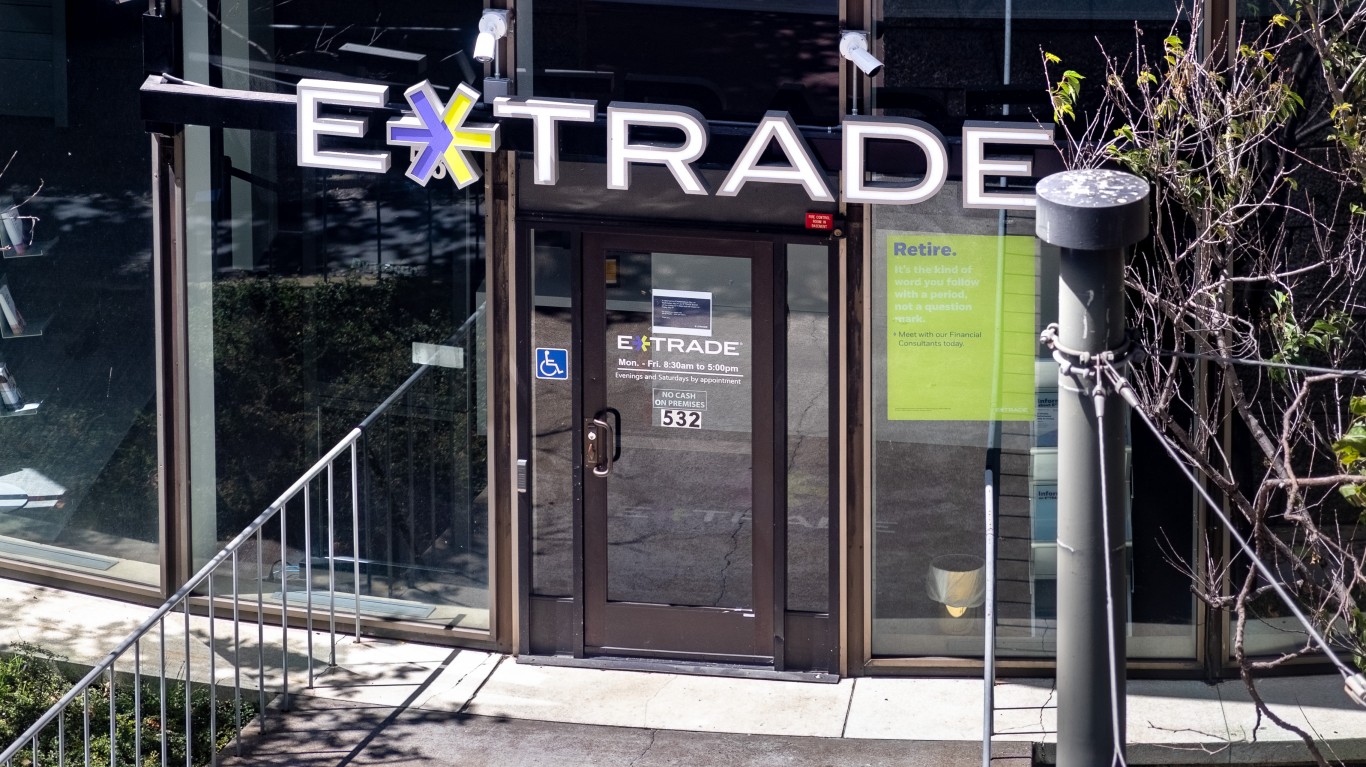

With volatility in the markets remaining high, even many of the solid industry leaders were hammered during the selling pressure in November and December. American Express Co. (NYSE: AXP) just took a big analyst downgrade from Kenneth Bruce at Merrill Lynch.
Amex was downgraded to Neutral from Buy and the price objective was lowered to $115 from $125. Also, the stock was removed from the prized Merrill Lynch US 1 List. What matters here, pertaining to analyst calls in general, is that Merrill Lynch had been among the most bullish with its views, as the highest target price was at $131 and the firm was handily above the Thomson Reuters consensus analyst target price.
The big issue here is that the macro (economic) story outweighs the micro (Amex) for now. This is also after the stock had outperformed over the quarter and in 2018 on the back of strong fundamental performance and healthy sentiment. Amex shares sold off from $115 to about $100 during the latest selling wave in the markets. While its gains in the past year and quarter are now less than 5%, that compares to some serious double-digit percentage declines in the shares of other banks and card issuers.
As far as the macro story goes, Bruce said:
Given the broader market volatility and elevated uncertainty relating to the macro backdrop, we anticipate weaker sentiment for AmEx shares prospectively. We think AmEx will continue to deliver its somewhat unique brand of top-line and bottom line growth, though we think valuation will be restrained in a market backdrop highlighted by wild and unpredictable swings. Importantly, we think market volatility could persist, given palpable anxiety that the U.S. economy could slow further and heightened risk aversion.
Another issue that could persist is profit taking. Merrill Lynch feared that investors might want to lock-in after a strong 2018 stock performance, which would further cap the stock’s near-term upside.
It’s not just a negative report for the coming year or two. Merrill Lynch sees 2019 and 2020 earnings growth, and the firm still anticipates healthy upside over the longer term. This was called a constructive but less-bullish view on the stock. Still, the report added:
Recent market volatility is signaling weaker growth expectations and concerns that U.S. consumer credit costs will increase prospectively, in our view. Either could undermine the EPS outlook and sentiment for AmEx shares
And on valuation premiums, the report further noted:
AmEx is also currently valued at close to its 5-yr. average PE at 13x and is at its largest premium to pure-play card issuers. As such, we think investors could be less supportive of AmEx in the face of further market volatility and economic uncertainty.
Shares of American Express closed at $101.02 ahead of this downgrade, and despite the gains in the Dow Jones industrials and S&P 500, its shares were down almost 1% at $100.05 after about 45 minutes of trading on Wednesday. Amex had a prior Thomson Reuters consensus target price of $116.69, and its 52-week trading range is $87.54 to $114.55.
Sponsored: Want to Retire Early? Here’s a Great First Step
Want retirement to come a few years earlier than you’d planned? Or are you ready to retire now, but want an extra set of eyes on your finances?
Now you can speak with up to 3 financial experts in your area for FREE. By simply clicking here you can begin to match with financial professionals who can help you build your plan to retire early. And the best part? The first conversation with them is free.
Click here to match with up to 3 financial pros who would be excited to help you make financial decisions.
Thank you for reading! Have some feedback for us?
Contact the 24/7 Wall St. editorial team.
 24/7 Wall St.
24/7 Wall St.


